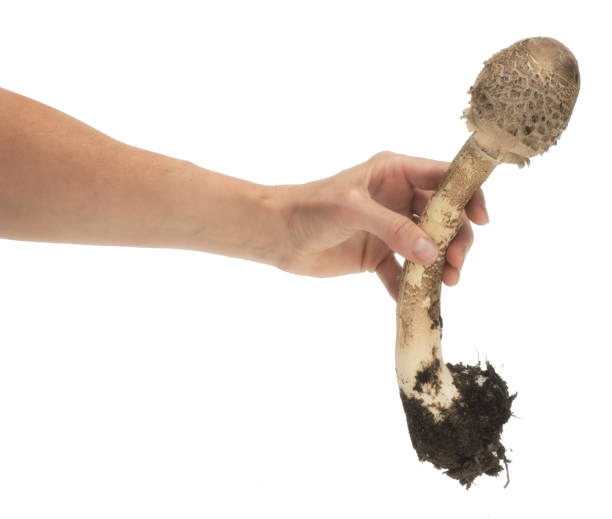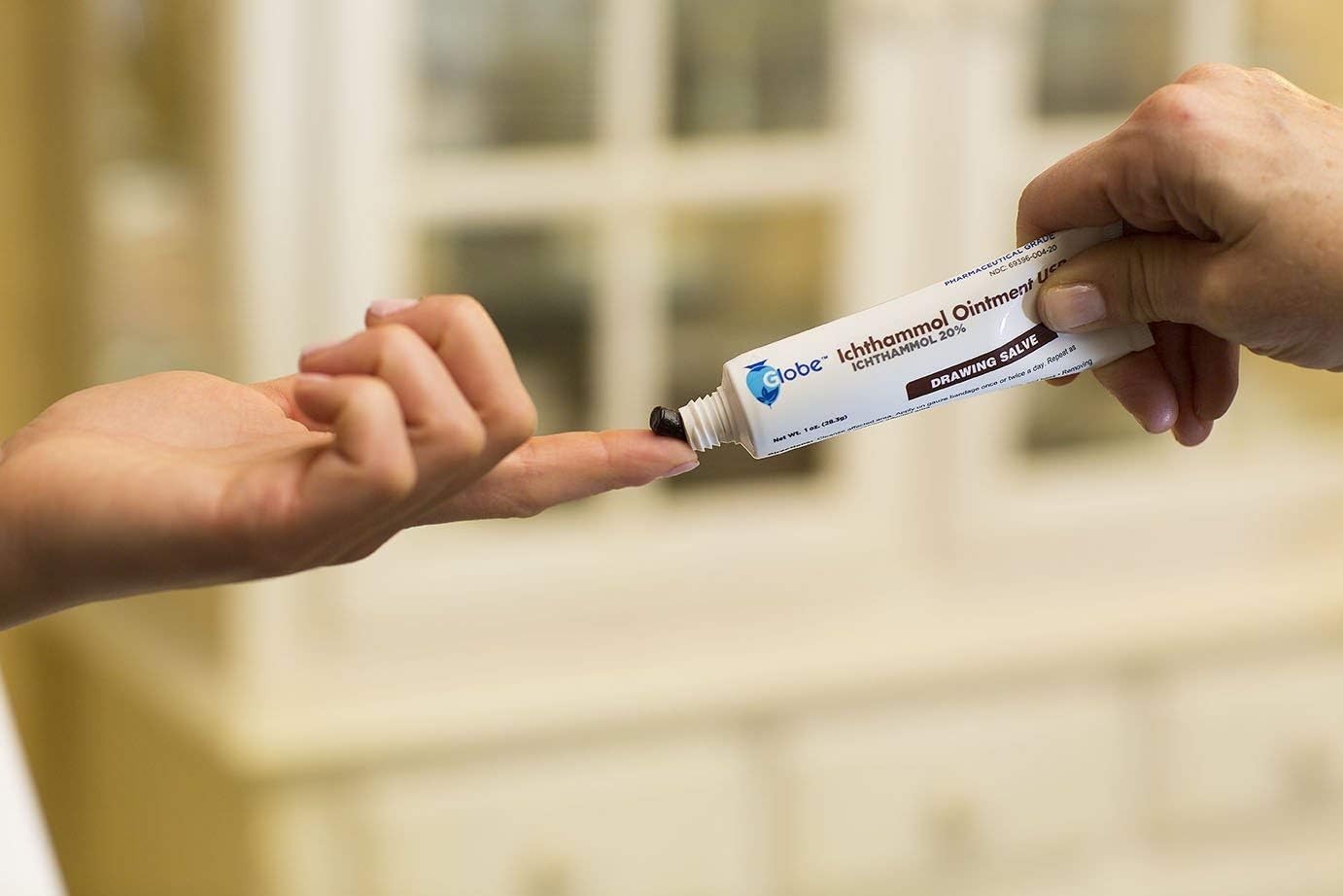A substance abuse interventionist is a professional interventionist who helps people who are fighting addiction get the help they need. Interventionists mainly work with families, friends, and loved ones of the person who is addicted to helping them have a difficult conversation about the addiction of a person and the need for treatment.
Interventionists mainly have a background in social work, psychology, and counselling. They are trained in the process of intervention, which includes collecting information about the addiction of the person, planning the intervention, and performing the intervention. Interventionists also provide support to the friends and family of the person who is addicted after the intervention.
Check Out Right Now
The substance abuse interventionist process involves the following steps:
Collecting information about the addiction of the person:
The interventionists will meet the friends and family of the person who is addicted to collect information about the substance of the person’s use history, the impact of the addiction on the life of the person, and the willingness of teh person to take treatment.
Planning the intervention: The interventionist will work with friends and family of the person who is addicted to planning the intervention. This includes deciding who will be present at the intervention, what will be said, and how the intervention will be performed.
Conducting the intervention: The interventionist will perform the intervention with friends and the family of the person who is addicted. The intervention is a difficult conversation that should be conducted in a compassionate and respectful way.
Giving support after the intervention: The interventionist will give support to the family and friends of the person who is addicted after the intervention. This support may include helping friends and family to cope with the addiction of the person, helping them to find resources for treatment, and giving emotional support.
When choosing an interventionist, follow these steps:
Get someone who is trained: Interventionists should have a background in social work or psychology. They should also be trained in the intervention process. You can ask your doctor or a treatment program for a referral to a qualified interventionist.
Get references: Once you have found a few qualified interventionists, ask for references from clients. This will give you an idea of the interventionist’s experience and how they have helped others.
Meet with the interventionist: It is important to meet with the interventionist in person before you hire them. This will give you a chance to get to know them and see if they are a good choice for you and someone you know.
Ask about the fees of interventionists: They generally charge by the hour. Be sure to ask about the fees of interventionists before you hire them.
Why Do An Intervention and How To Plan It
There are many reasons why you might consider having an intervention for someone who is fighting addiction. Here are a few of the most common reasons:
To help your loved one get the help they need: If your loved one is struggling with addiction, an intervention can be a way to help them get the help they need. During an intervention, you and other loved ones will express your concerns about the addiction of your loved ones and offer them the opportunity to get treatment.
To protect yourself and your loved ones: Addiction can have an impact on families and loved ones. If your loved one’s addiction is causing problems in your life, an intervention can be a way to protect yourself and your loved ones from the negative results of addiction.
To get your loved one’s attention: If your loved one is in denial about their addiction, an intervention can be a way to get their attention and show them that you are serious about their addiction.
If you are considering having an intervention, it is important to plan it carefully. Here are some tips for planning an intervention:
Choose the right place and time: It is important to choose the right place and time where your loved one will be able to focus on the intervention and where you will be interrupted.
Choose the right people to participate in the intervention: You should choose people who are close to your loved one and who care about them. You should also choose people who are strong and who will be able to show their concern about your loved one’s addiction.
Write a script: It is a good idea to write a script for the invention. This will help you stay on track and make sure that you cover all the important details.
Practice the script: It is important to practice the script with the other participants in the intervention. This will help you feel more prepared and confident.
Be prepared for different reactions: Your close one may react to the intervention in different ways. They may become defensive, angry, or agree to get help. It is important to be prepared for any reaction and to respond in a calm and supportive way.
If you are considering having an intervention, we advise you to take the help of doctors. An interventionist can help you plan the intervention and can support you and your loved ones through the process.
Read More: What Is A Substance Abuse Interventionist?- Do Shrooms Go Bad Over Time?
- Understanding EtOH: The Dangers of Ethanol Alcohol Abuse
- Mushrooms That Look Like a Penis
- Melmac Mushrooms
- How to Dry Mushrooms
- How to Pass a Hair Follicle Drug Test: A Comprehensive Guide
- Embalming Fluid Smoking
- Meth Face Sores & Scabs: A Comprehensive Guide
- Concerta Drug Test Detection: Everything You Need to Know (2023)
- Wet Finger Method for Effexor Withdrawal: Does it Work?
- What helps with Cymbalta withdrawal symptoms
- Can I Take A Sleep Aid With Buspirone?
- TCL 341 Pill | Uses, Side Effects, and More
- How to Differentiate Real T259 from the Fake
- Cymbalta Withdrawal: Side Effects & Symptoms















